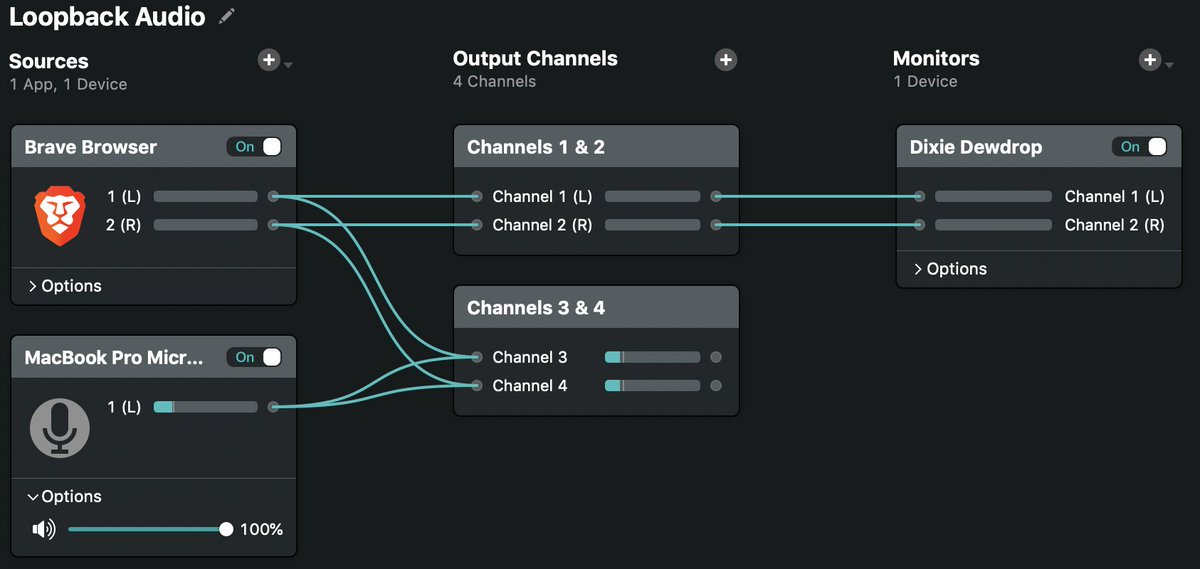
A list of my currently most important tools:
@worldbrain
@RoamResearch
@readwiseio
@Otter_ai
@TextExpander
@NotionHQ
👇🏼
@worldbrain
@RoamResearch
@readwiseio
@Otter_ai
@TextExpander
@NotionHQ
👇🏼
Our own @worldbrain Memex to
- Annotate websites & Youtube videos
- Have a GTD workflow with an Inbox to quickly save
- Full-text search all pages, PDFs and Tweets I save
- Sharing collections of content or annotated versions of pages
- (soon) following collections of friends
- Annotate websites & Youtube videos
- Have a GTD workflow with an Inbox to quickly save
- Full-text search all pages, PDFs and Tweets I save
- Sharing collections of content or annotated versions of pages
- (soon) following collections of friends
@RoamResearch to
- take notes and solve the "black hole problem" of notes that are made but never resurface.
- Plan my daily TODOs
- Do my weekly review
- Where all my notes land from Memex & Kindle via @readwiseio
- take notes and solve the "black hole problem" of notes that are made but never resurface.
- Plan my daily TODOs
- Do my weekly review
- Where all my notes land from Memex & Kindle via @readwiseio
@readwiseio to
- Automatically get my notes from @worldbrain & @AmazonKindle into @RoamResearch without the need for extra work
- Not using the Spaced Repetition features yet
- Automatically get my notes from @worldbrain & @AmazonKindle into @RoamResearch without the need for extra work
- Not using the Spaced Repetition features yet
@otter_ai to
- take long walks and speak out my thoughts so I can later read through them and review them in text form. Allows me to stay fully in the flow instead of cumbersome typing of notes when inspiration happens.
- Not yet: Transcribe what I say in Zoom calls
- take long walks and speak out my thoughts so I can later read through them and review them in text form. Allows me to stay fully in the flow instead of cumbersome typing of notes when inspiration happens.
- Not yet: Transcribe what I say in Zoom calls
@TextExpander to
- When writing actionable notes in various places (that all go to @RoamResearch in the end), really quickly tag them with #toRead, #toDo, #thisweek, #toWeeklyMeeting without writing those out all the time.
- When writing actionable notes in various places (that all go to @RoamResearch in the end), really quickly tag them with #toRead, #toDo, #thisweek, #toWeeklyMeeting without writing those out all the time.
@NotionHQ to do the task and project planning for the @worldbrain team.
Go less important for me personally since I use Roam, but still best-in-class for team project management.
Go less important for me personally since I use Roam, but still best-in-class for team project management.
• • •
Missing some Tweet in this thread? You can try to
force a refresh




